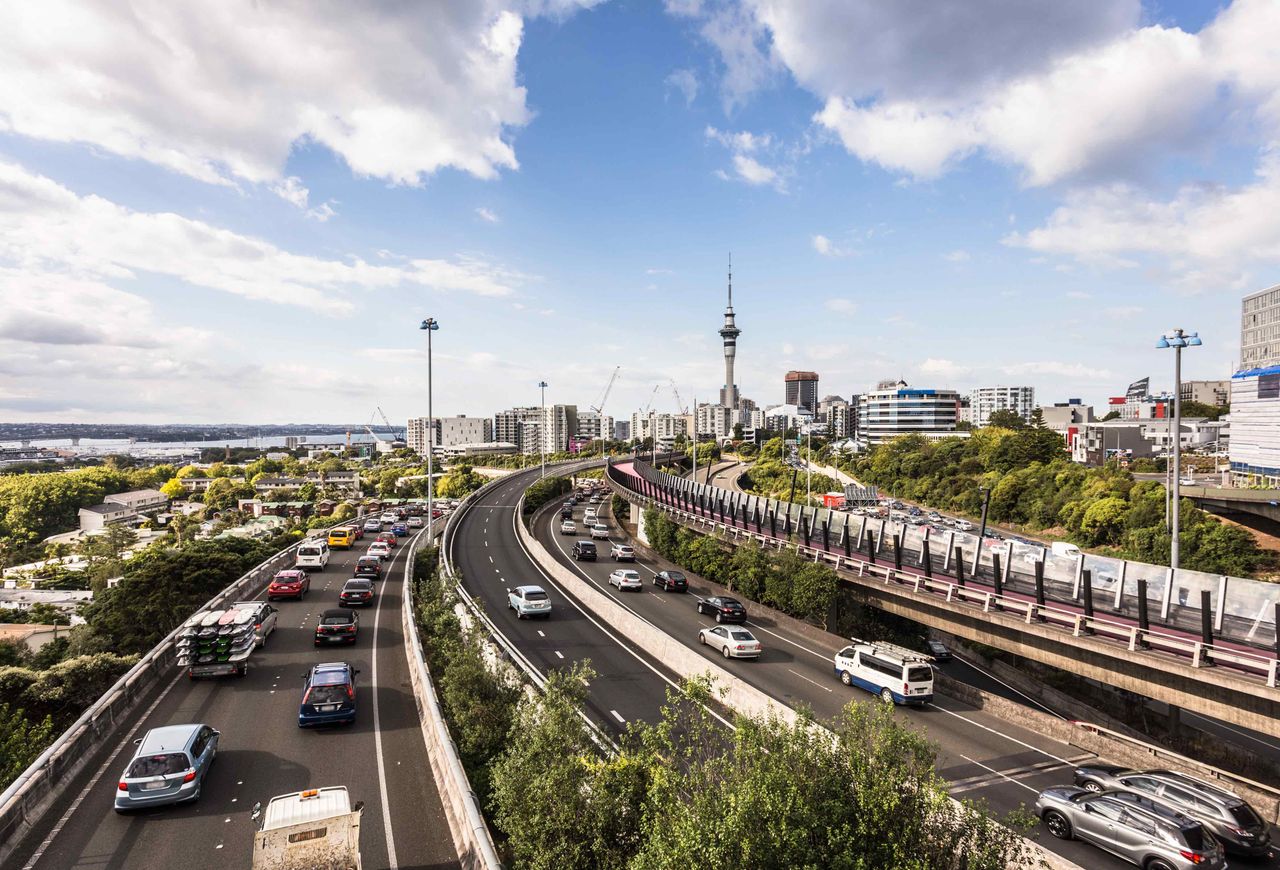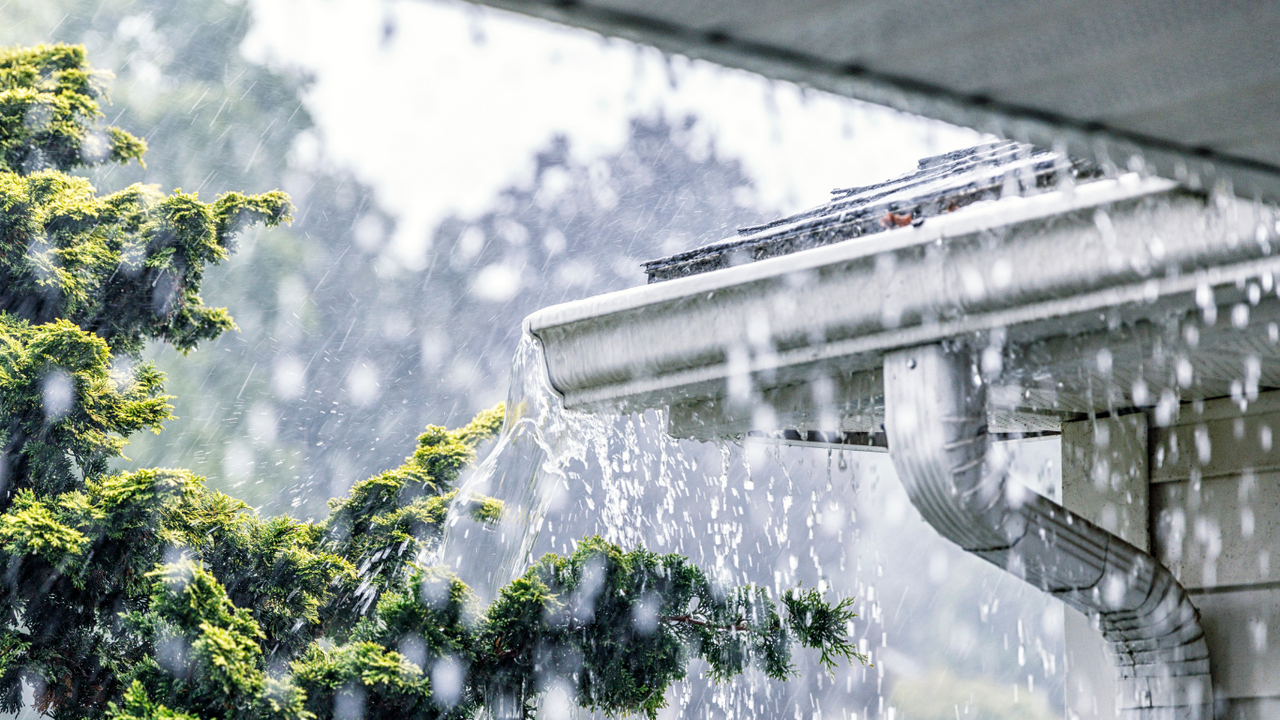News & Insights
Two steps forward, one step back
Author

Grant Robertson is carrying more than usual this Budget. His Government has opted for some of the largest operating and capital allowances in recent memory – some $5.9b and $9.8b, respectively. While he is “well and truly over” COVID-19, it is still heavy on our collective minds and, somewhat unsurprisingly, we’re also staring at the highest inflation numbers since 1990. All eyes are on his plan to keep the economy growing, beyond GDP.
While the boosted level of investment is welcome news, particularly with roughly $4.3b tagged to infrastructure, the real value will be found in delivery – but Robertson is facing some significant headwinds.
When he released his Budget Policy Statement in December, Robertson signaled that B22 would be focused on embedding the health reforms and meeting the country’s emissions reduction goals. How does it stack up?
A healthy Budget
Thursday’s announcement is an acknowledgment that kicking the can down the road is no longer an option if we’re to have a viable health system. It seeks to rectify some $711m worth of long-running health deficits by investing $11b in new funding. This coupled with $1.3b in capital would be spent to fix the deficits and set the system up for success, and there is some real good in there including investment for priority capital projects such as Whangārei and Nelson Hospitals. We’ll be following up next week with a more in-depth look at how we see this playing out.
Climate (in)action?
In a pre-Budget announcement, the first Emissions Reduction Plan (ERP) previewed some $2.9b of spend from the $4.5b Climate Emergency Response Fund. At $600m above climate change spend in last year’s Budget, it’s a sign the Government is getting serious, but not everyone is impressed.
The ERP is massive so it’s impossible to be constructive without sounding overly scrupulous. But one thing caught my attention – Transport. The plan looks to roll out $20m in subsidies to support low- and middle-income families into ‘cleaner cars’ and nearly $600m to ‘scrap and replace’. It’s touted as supporting those unfairly burdened by cheap, inefficient cars and high petrol prices – sounds good right? The problem is, it’s a band-aid and misses the point. It perpetuates the inequities it claims to address and does not reduce carbon emissions across the transport system. Instead, it reinforces car-centric planning. The real question we need to address is how do we get people out of cars and build fewer roads?
The Government (and councils) need to rapidly refocus transport investment toward ‘access’ if they really want to see a just and equitable transition. Better public transport networks for those on the city fringe would be a good start, but the goal should be investing in live-work-play communities by supporting density, active transport and better urban planning. So the Budget’s plan to extend the public transport subsidy for a further two months missed the mark completely.
But it’s not all doom and gloom; there are some positive transport announcements, including $200m for more detailed design of Auckland Light Rail and a(nother) port feasibility study. Both of these investments could lead to significant unlocking of prime urban land across Tāmaki and change the face of Auckland’s mobility network.
Alongside our clients, RCP is looking forward to applying our expertise to help enable communities to thrive and flourish by delivering places that are sustainably designed, places that facilitate connection and empower the people that inhabit them, regardless of the Budget outcomes. Reach out if you’re interested in how our infrastructure and advisory teams can help.
Building out or treading water?
The burst of well-intentioned (and needed) COVID-19 stimulus packages has seen inflation run up to record levels at 6.9% (in construction, our clients are reporting 20-40%) and employment is “above its sustainable maximum level”, according to the RBNZ. Neither of these challenges are temporary. Our population is ageing, migration settings offer no relief and supply-chain challenges look here to stay for the foreseeable future. It’s with some trepidation that I estimate that $4.3b of ‘new’ spend for core infrastructure is good news for NZInc. Why?
New Zealanders want progress. But this is a tall order within current constraints and there’s a real risk that infrastructure spend will lack quality and value for money. The numbers will, ironically, be Robertson’s least concern.
But this, like the rest of the Budget announcements, presents an opportunity for the sector – to add value where it counts, on every project. RCP is well positioned to shape, organise and deliver a better world. We understand outcomes and, as a full-service management firm, our people can help from business case development and due diligence to innovative project management and execution. Get in touch if you’re looking to add value to your next infrastructure project.



